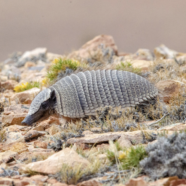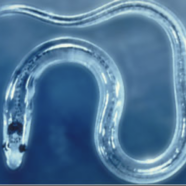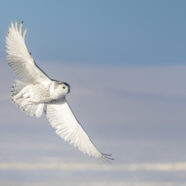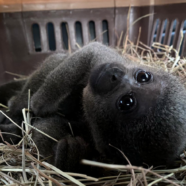(Français) Consultation publique – projet d’arrêté ministériel modifiant l’arrêté du 8 octobre 2018 fixant les règles générales de détention d’animaux d’espèces non domestiques
“On the Trail” n°44, the defaunation bulletin
“A la Trace”, French version
“On the Trail”, English version
Quarterly information and analysis report on endangered animals poaching and smuggling
No. 44
1,545 events
between January 1 and March 31, 2024
1,184 sources, 244 pages, 7.2 MB
Jail for glass eel traffickers
302 kg of European glass eels (Anguilla anguilla), i.e. around 900,000 specimens, were seized in February 2023 in Villeneuve-Saint-Georges, south of Paris. The investigation shed light on the mechanisms of the conspiracy
(Français) Consultation publique – projet de décret relatif à l’ouverture de la chasse anticipée du cerf élaphe
“On the Trail” n°43, the defaunation bulletin
“On the Trail” n°43
Quarterly information and analysis report on endangered animals poaching and smuggling
Poaching is not a movie
“On the Trail” n°42, the defaunation bulletin
“On the Trail” n°42
Quarterly information and analysis report on endangered animals poaching and smuggling
(pdf, 177 pages – 5.4 Mo)
1,062 events with references, checked, analysed, commented and strengthened
between September 1 and October 31, 2023.
215 iconographic documents, 7 maps and historical archives.
880 sources.



















